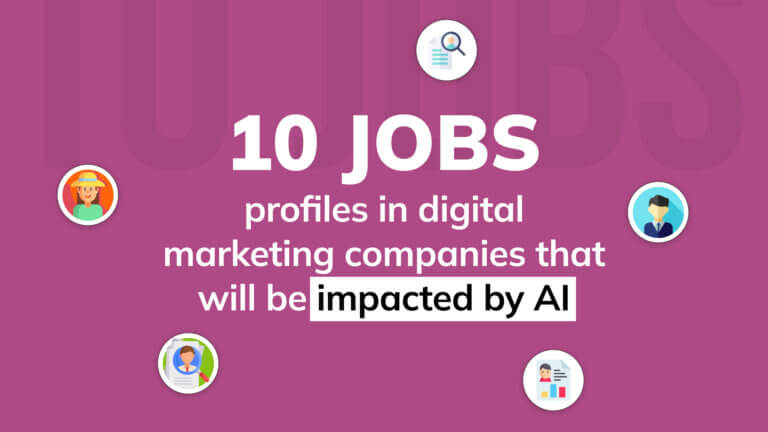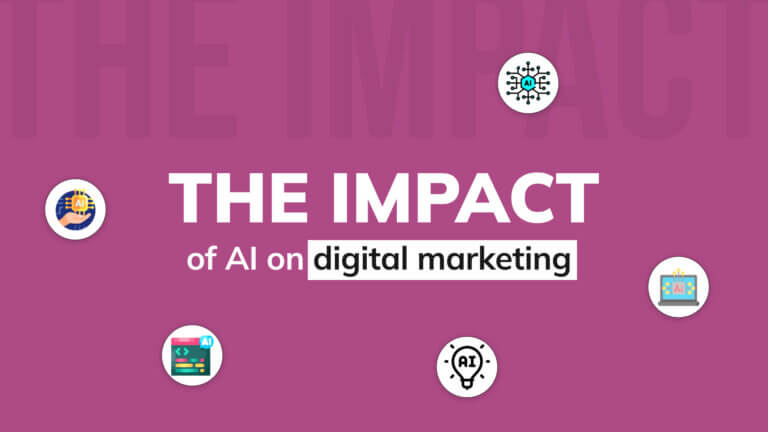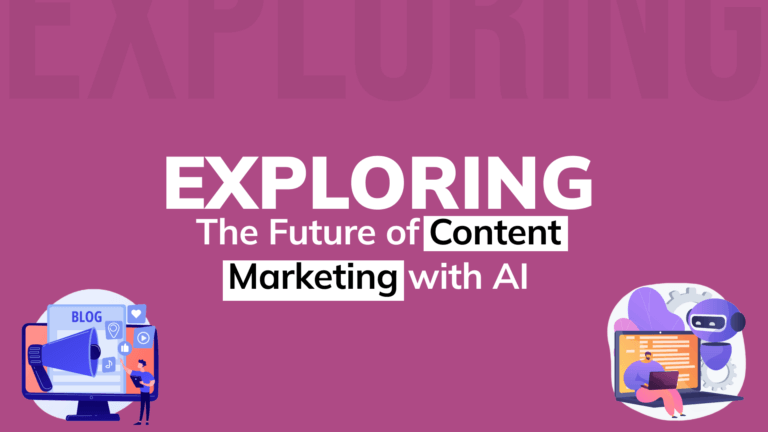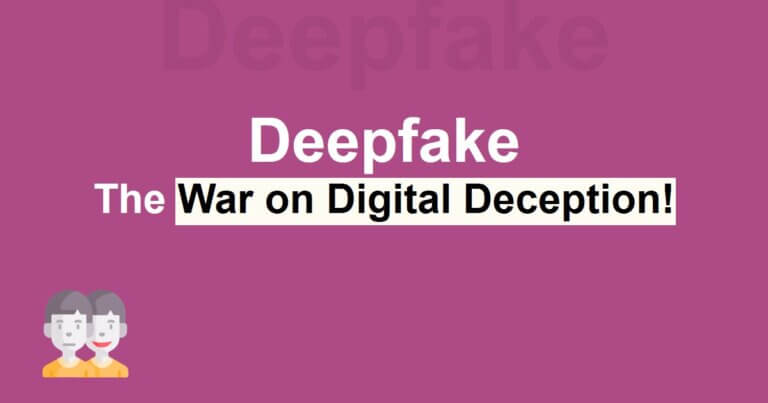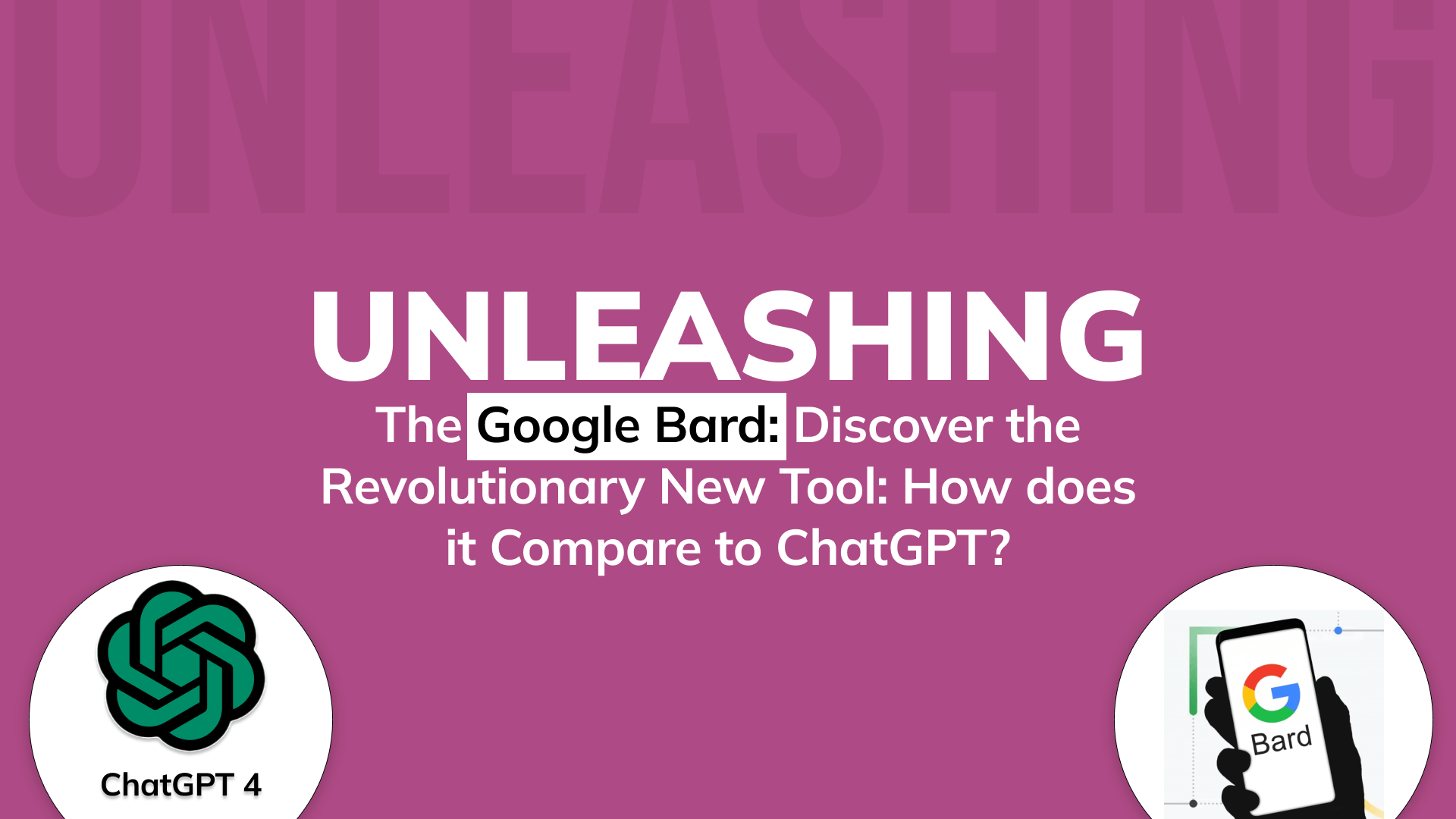
Google announced the release of BARD, on February 6, 2023, just after welcoming ChatGPT. Users and critics are comparing it to the most wildly successful open AI- ChatGPT!
Introducing the Google BARD-
Bard is a cutting-edge Chatbot Powered by LaMDA Large Language Model for Limitless Text-Based Creativity and Exploration.
This experimental AI by Google offers endless possibilities, from answering queries and generating summaries to crafting diverse forms of content with a simple prompt.
Moreover, Bard serves as your ultimate guide to exploring any topic by condensing information from the internet and suggesting links for further exploration.
BARD is an experiment!
“Bard’s an early experiment, it’s not perfect, and it’s gonna get things wrong occasionally,” says Eli Collins, the vice president of research at Google working on Bard.
According to Google, BARD is now available to a bunch of testers, who can use the bot and find flaws and imperfections. It’s in the early stage.
However, the BARD will be accessible to everyone via its own webpage, separated from Google’s search interface.
Google says, Bard has proven to be a valuable tool for early adopters in generating ideas or producing text. However, Collins admitted that some users have managed to push the boundaries of its capabilities and elicit unintended responses. While the exact nature of these incidents and Google’s measures to restrict such behavior remain unclear, it is evident that Bard’s potential for creativity and spontaneity is both a strength and a challenge.

BARD vs ChatGPT
BARD and ChatGPT recently became two of the most popular large language models available today. Both of these are capable of translating languages, creating content, researching the web, generating text, and giving solutions. But there are a few differences between the two-
- Bard, developed by Google is a language model, whereas ChatGPT is another language model created by OpenAI. Bard has undergone extensive training on a vast dataset of text and code, while ChatGPT has been trained on a smaller scale. One of Bard’s unique features is its ability to tap into Google Search for accessing and processing real-world information, while ChatGPT relies exclusively on the text data it has been trained on.
- Bard is commonly acknowledged for its precision and comprehensive nature in providing responses, whereas ChatGPT is typically regarded as more imaginative and innovative in its output.
- Bard lacks the fun element, originality, and sass that you can find in ChatGPT. It’s more reserved in its answers. It also can’t write computer code—or funny jokes.

How will Google Harness the Power of this Game-Changing Language Model in Search?
According to Google’s recent unveiling of Bard in February 2023, the company has revealed plans to incorporate AI capabilities into its search engine.
“Soon, you’ll see AI-powered features in Search that distil complex information and multiple perspectives into easy-to-digest formats, so you can quickly understand the big picture and learn more from the web: whether that’s seeking out additional perspectives, like blogs from people who play both piano and guitar, or going deeper on a related topic, like steps to get started as a beginner.
These new AI features will begin rolling out on Google Search soon”
A revolutionary model for healthcare-
Without a single doubt, this AI technology has immense potential for the health industry. Patients may search for health problems, and seek medical advice and recommendations from the system, because of its easy and convenient conversational style. Of course, this needs some precautions, since these types of models are only good with the data they are already trained with and even can make mistakes.
However, if executed properly, there is a vast potential to facilitate medically informed discussions, possibly assisting doctors and experts in devising diagnosis strategies or connecting patient care.
What does the horizon hold for BARD?
While Bard maintained that it doesn’t harbor any malevolent intent, it conceded that it could potentially be utilized to tarnish one’s reputation, propagate propaganda that might trigger hostility, and sway election outcomes.
Bard can be harnessed to generate fabricated news stories or social media content that could sow disinformation about candidates or their platforms. Likewise, people can exploit BARD to dampen voter participation by disseminating disheartening messages or impeding people from accessing voting-related information.
On a lighter note, BARD being an AI language model, its potential for development and growth is vast. In terms of its capabilities, it could potentially become even more proficient at natural language processing, allowing for even more accurate and nuanced communication. It could also be integrated with other AI technologies, such as computer vision or machine learning algorithms, to expand its scope of application.
In addition to improving communication, Google BARD could also have a significant impact on the field of machine translation. With its advanced understanding of language, it could help bridge the gap between different languages and cultures, facilitating more effective communication and collaboration on a global scale.
Furthermore, BARD’s potential impact on various fields is also worth considering. As mentioned already in this blog, its capacity for generating and disseminating information could have significant implications for political campaigns, news media, and public opinion. However, it could also be utilized in the medical field to assist doctors and specialists in diagnosis and treatment planning, or in the education sector to create more effective and personalized learning experiences.
Overall, while it’s impossible to predict exactly what the future holds for BARD, its potential for innovation and impact is exciting to consider!


